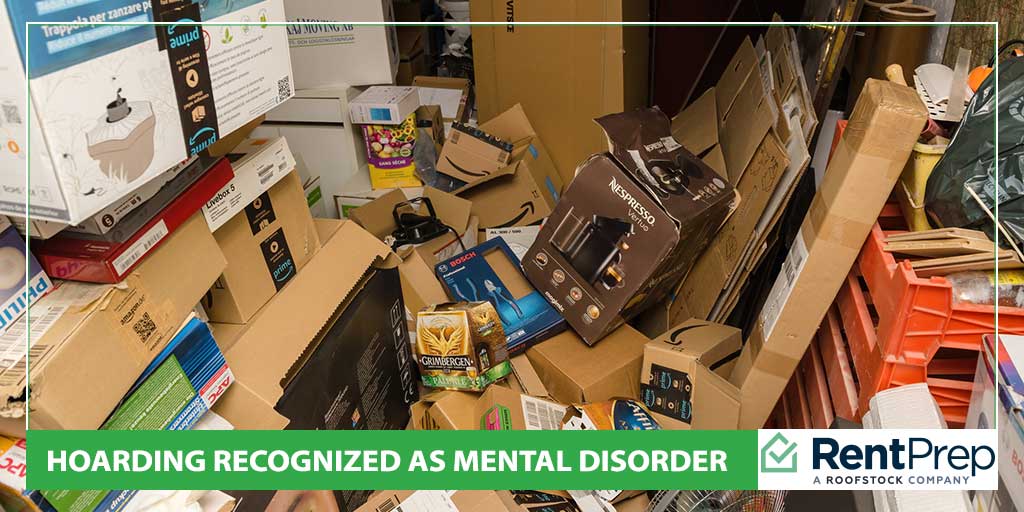
So as I read the morning news I noticed a story about how on May 1, 2013 hoarding will become officially recognized by the American Psychiatric Association as a mental disorder. I’ve already read several stories about how it relates to the rental industry in terms of dealing with this newly protected class, and even I sat through last year’s presentation about hoarding at the NAA Education Conference in Boston.
The stories always address the situation with the tenant already living in the unit, but the one perspective I hadn’t given much thought to was how this newly protected class would impact the tenant screening process.
Obviously there is no hoarding database. At least not yet. But a renters housekeeping habits are certainly considered during the screening process and often asked about during a call to the current and previous landlord.
So is it discriminating against a protected class if you deny tenancy after the previous landlord tells you the tenant was a hoarder?
Fair Housing Act Hoarding
According to the Federal Fair Housing Act, equal housing must be given to persons that are members of a protected class. Those classes are defined as race/color, religion, national origin, gender, disability, and families with children.
Hoarders rights
Hoarding falls under the definition of a disability already in fair housing laws. Fair housing laws say “Hoarders, as persons with disabilities, have the right to request a reasonable accommodation. A reasonable accommodation is a request for a waiver or change in policies, practices, procedures and services to provide equal access and opportunity in housing for persons with disabilities. There must be a direct connection between the person’s disability and the reasonable accommodation request.”
Remedies According to Fair Housing

In the Housing Opportunities Made Equal’s Hoarding Fact Sheet, they provide an example of a reasonable accommodation by creating a remedy plan to preserve the tenancy. Included in the plan are support services and an individualized schedule for cleanup and inspections.
I’ve said before with regard to tenant screening, an ounce of prevention is worth a pound ton of cure. The proactive remedy is always the best. To avoid having to perform routine site inspections and help “council” your tenants through their disabilities (at the expense of your investment) you NEED to know who you are renting to.
How to deal with hoarders
Fair housing laws allow the landlord to consider all relevant information when screening a families behavior and suitability for tenancy. That includes a “record of disturbance of neighbors, destruction of property, or living or housekeeping habits at prior residences which may adversely affect the health, safety or welfare of other tenants”.
So my interpretation is that if the previous landlord states that the tenant was a hoarder, without expanding on the record of damage, destruction or health and safety issues, then it’s potentially discrimination against a protected class. However, if the landlord expresses that the property was damaged or the condition of the unit was a health and safety concern, then the decision could be made to deny tenancy based on an adverse recommendation.
So if you’re making the calls and not a tenant screening company, be sure to document the call and ask specific questions if they indicate the tenant was a hoarder.
Landlord Tip: Start off on the right foot. Always include an addendum stating that destruction of property, including housekeeping habits that result in the destruction of property are cause for termination of the tenancy agreement.

